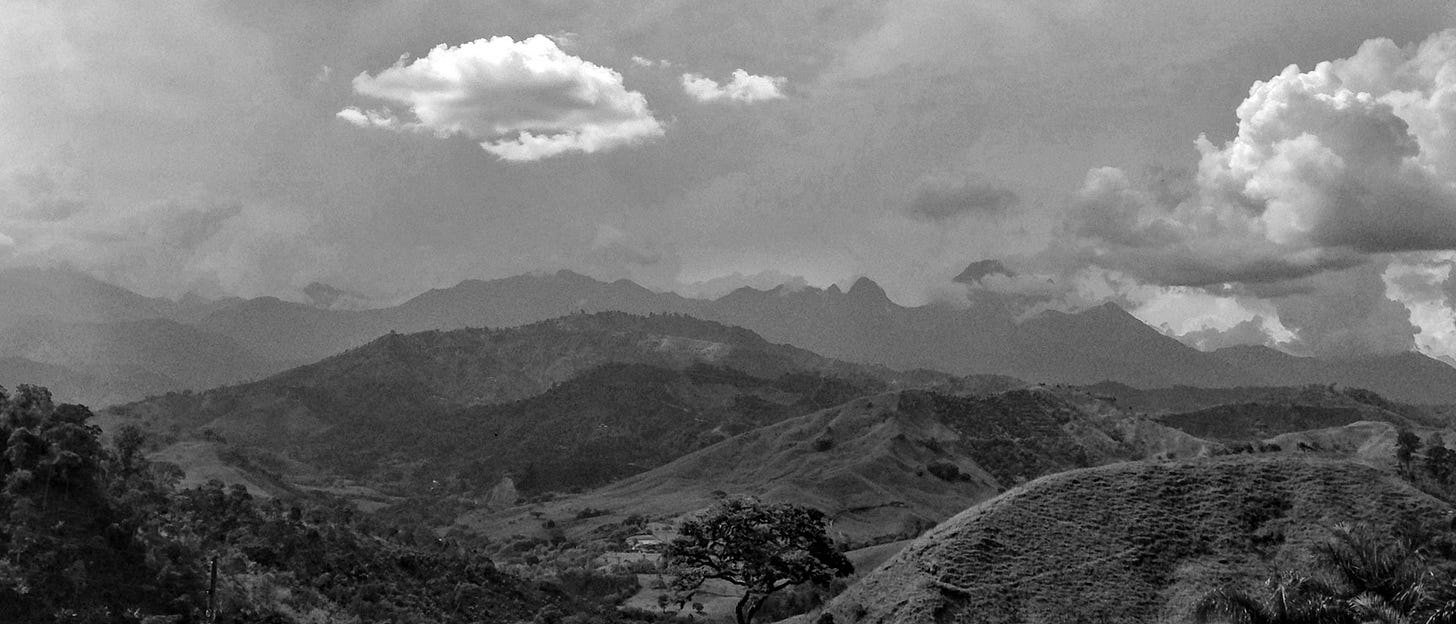Coffee News Roundup: Week Ending December 10th
This week, employees at a Starbucks in Buffalo, New York, vote to become the chain's first unionized US cafe. Meanwhile, coffee could lower your risk of prostate cancer.
It’s another Coffee News Roundup, and this is a big one: after much anticipation, this week we learned the outcome of the Starbucks unionization drive in Buffalo, New York. Let’s get into it.
Starbucks Baristas Declare Victory In Historic Union Election - Via Vice
The votes have been counted (well, most of them) and, according to the National Labor Relations Board, the Elmwood Starbucks store in Buffalo is the first in the United States to vote in favour of unionization.
With a tally of 19-8, workers voted overwhelmingly to become the first of the corporation’s 9,000 US stores to unionize—employees at a second location voted against the union, while a third is still in the process of being counted.
John Logan, a labour expert at San Francisco State University, told Vice: “Although it’s a small number of workers, the result has huge symbolic importance and symbols are important when it comes to union organizing.”
“This win is the first step in changing what it means to be a partner at Starbucks, and what it means to work in the service industry more broadly,” Michelle Eisen, a barista at the Elmwood location, said in a statement. “With a union, we now have the ability to negotiate a contract that holds Starbucks accountable to be the company we know it can be, and gives us a real voice in our workplace.”
With the final tally awaited at the third location to vote yesterday—the current number stands at 15-9, although seven votes are under review—and the spread of union drives to Starbucks locations in other states, organizers see this as just the beginning of a new worker-centric movement in the hospitality industry.
“This is a stunning victory that proclaims that Gen Z is Generation Union,” Richard Bensinger, a lead organizer on the Starbucks campaign told Vice. “This victory will go down in labor history as a turning point in the decades-long decline of unions. It is a signal to other workers in the service sector that David can defeat Goliath.”
Brazil – Deadly Floods And Landslides In Bahia After Heavy Rain - Via Floodlist
Heavy rains, flooding, and landslides have hit Northeastern Brazil, resulting in casualties and damage to coffee farms. The rains have been affecting Bahia, the fifth largest state in Brazil and home to 50% of the country’s Robusta coffee production, for most of the month of November and into December.
Reporting by analyst Maja Wallengren shows that the deluge has impacted multiple coffee farms, with other coffee-growing states like Espírito Santo and Minas Gerais also affected.
These heavy rains (an entire month’s worth of rainfall coming in just 48 hours in one municipality) brings more hardship for the world’s biggest coffee exporter, as other parts of Brazil still suffer from an extended drought. Brazil’s Coffee Growers Association (SINCAL) estimates that, for multiple reasons including the climate disasters, the 2022 harvest could be down 20% or more from 2021 figures.
More Headlines
Coffee Crisis In Central America Fuels Record Exodus North
Inaugural Ecuador Cup Of Excellence Auction Results In Record-Breaking Price Per Pound
The Week In Coffee Unionizing
More positive news in the field of coffee organizing, as workers at a Massachusetts cafe group announced their intent to form a union this week. Employees at Diesel Cafe, Bloc Cafe, and Forge Baking Company formally declared their intentions in a letter to the companies’ owners, who later agreed to voluntarily recognize the union.
The efforts, which follow on from other unionization drives at Massachusetts coffee companies Pavement and Darwin’s Ltd., would see around 50 employees represented by the New England Joint Board UNITE HERE.
The group’s owners said that, “Over the past 25 years, we have worked to create spaces that support all members of our community, staff and guests alike. We look forward to collaborating with Unite Here! NEJB to protect and serve the best interests of our employees.”
The Week In Corporate Coffeewashing
Each week, if a story about coffeewashing doesn’t immediately present itself (and it usually does), a safe bet is to quickly search “Nespresso” and see what news stories pop up.
Inevitably, it’s something like this: Nespresso Canada Donates $100,000 to Tree Canada.
Granted this “story” hasn’t actually been picked up by any proper news outlets—the link up there is to a press release that Yahoo! just posted verbatim, but the point is that Nespresso tried to get some positive press for their donation.
“For almost 20 years,” the press release tells us, “Nespresso has committed to protecting nature through agroforestry projects that support the ecosystems upon which its coffee plantations rely.”
Meanwhile, Nespresso parent company Nestlé is working with suppliers who are (among other wrongdoings) actively cutting down the rainforest to grow trees for palm oil: “Under firms supplying household names like Nestlé, Kellogg’s and Colgate, tens of thousands of hectares of tropical forest are being destroyed.”
Is Coffee Good For You?
Higher coffee consumption has been found to be “significantly associated with a lower risk of prostate cancer” according to new research from China and published in the British Medical Journal. The only news story I could find reporting on the findings was in the Daily Express, which doesn’t actually link to the study, so we’re just going to go with the BMJ on this one (and you can read the full study findings here).
The study, “a systematic review with meta-analysis of cohort studies to evaluate the association of coffee consumption with the risk of prostate cancer”, looked at 16 cohort studies featuring over a million participants.
They found that, “Compared with the lowest coffee intake category, there was a 9% reduction in the risk of prostate cancer for the highest category.” That reduction in risk increased by 1% for each additional cup of coffee consumed per day.
As always, the study authors caution that additional research is needed, but that, “If the association is further proved to be a causal effect, men might be encouraged to increase their coffee consumption to potentially decrease the risk of prostate cancer.”
What To Read
When Carbon Credits Drive People From Their Homes by Blanca Begert
A Skeptic Tries: Decaf Coffee by Luna Adler
Until next week, drink good coffee and support coffee unions.






